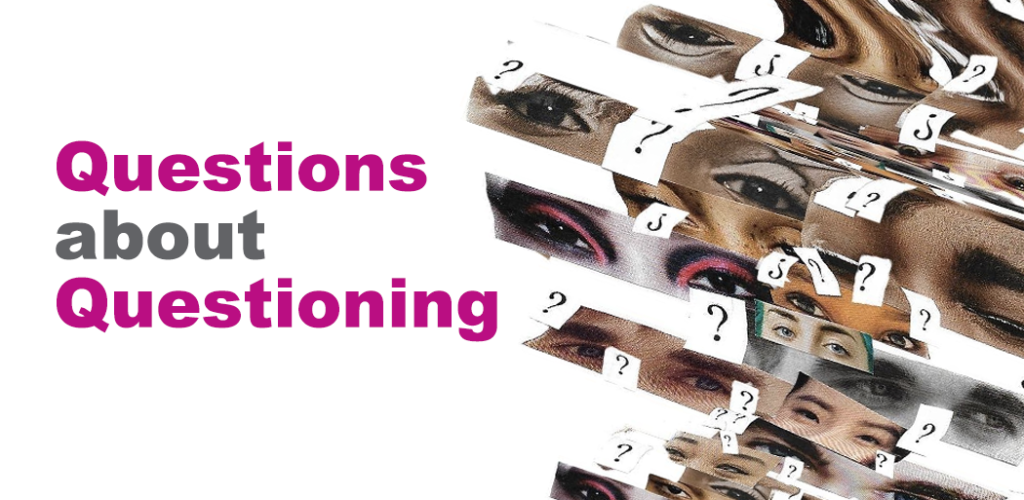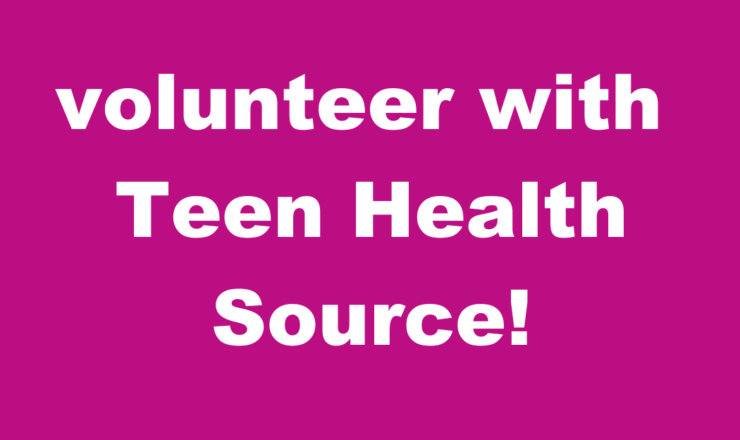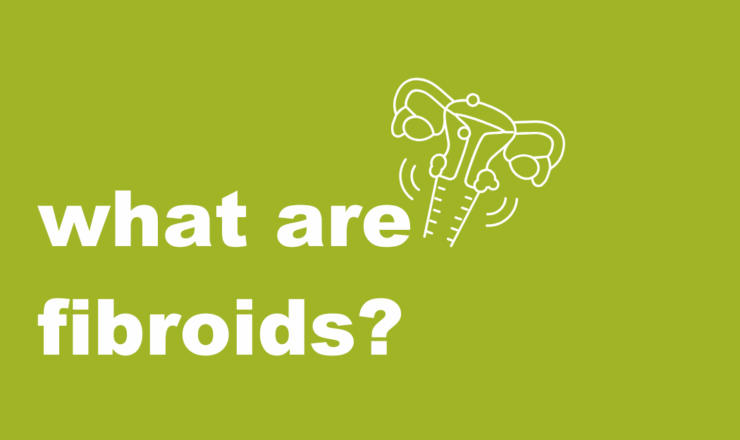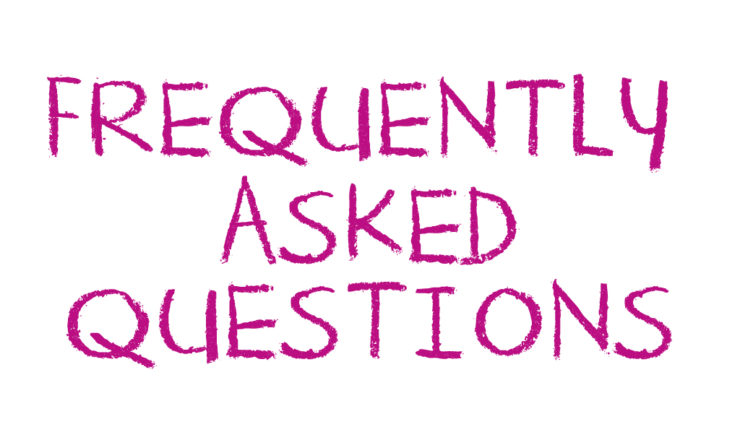

FAQ: I’ve felt unsure about my sexuality for a while now and I feel like I am floating in space. I don’t know what I am or what to call myself, since I don’t feel like any label fits me properly. How do I deal with how uncomfortable this makes me?
Labels can be great for some people. Defining yourself by a label can make it feel easier for you or (more often) the people around to understand who you are. For example, if you identify as Gay, there are lots of other Gay people in the world who you can meet. You can look around and find Gay Culture, Gay History, Gay Media, etc. Picking a label can help you connect with an established and somewhat defined community.
But label can also be difficult for others. True, there are many different kinds of labels, it’s really common to feel like no labels fit, or even to feel like *too many* labels fit for you. On top of that, there is a lot of pressure put on needing to pick labels to identify yourself, to “know” exactly who you are. With all that, it’s totally normal to feel uncomfortable if you’re going through a process of questioning your sexuality and/or gender.
Sometimes it can help to think about gender and sexuality as fluid things. For a lot of people, it’s not about finding the label that you’re going to have for the rest of your life, but more about finding a label that feels good for who you are right now. And without needing to find the Perfect Label Now, maybe lifting some of that pressure can make the questioning feel less stressful.
Let’s also point out here that Questioning is a valid identity in itself. It’s not a “limbo” identity that implies or assumes you will or should eventually commit to a label. Instead of Questioning being about what you don’t have, what about reframing it as an Exploration of the many different options you do have? Exploring your sexuality can be an exciting time full of new experiences, self discovery and finding what feels most authentic for you. There is no rush, and allowing yourself the time and space to explore can make this process a little less uncomfortable and more fun. You are still valid with or without labels, so maybe it’s about understanding new ways to think or feel about this time where you don’t have a label.
Talking with other people about your gender and sexuality feeling can sometimes provide some clarity. While it’s often very confusing trying to figure these things out, voicing that confusion with friends can be great and help you navigate these emotions. You may also find that others may also be questioning too! Finding those who are going through similar things to you can provide some support and make you feel less alienated in this process. If you’re around people that you feel comfortable and safe experimenting with, maybe try some new things. For example, try getting them to use different pronouns for you, change up your hair, experiment with makeup, or try on clothes that might be more androgynous, more femme, or more masc. Together you can make space for each other to feel safe while being brave about your gender and sexuality.
If you feel nervous, uncomfortable, or unsafe discussing these things with friends, there are a number of places that you can trying reaching out to:
Some people find it helpful to read about others’ experiences, whether that be in the form of books, social media posts, and other types of media. You may find that there are virtual spaces that you connect with, and engaging with these communities can be super validating! It is common for questioning folks to be unsure of the communities they feel they identify with or belong to. Finding a group, in any form, that supports your journey is important. Trust that you will find your people, it will happen.
If you have questions about this topic, feel free to contact one of our peer educators. [Link]
Last Updated: June 2021

Volunteer with Teen Health Source!

What are uterine fibroids? Uterine fibroids are a fairly common condition where tumors made out of muscles grow in or on the uterus. They are almost always non-cancerous and can vary in size, from undetectable tiny seedlings to large masses that can actually affect the shape or position of a uterus. Uterine fibroids are also […]

Is it true that people have sex at younger ages today than in previous generations?